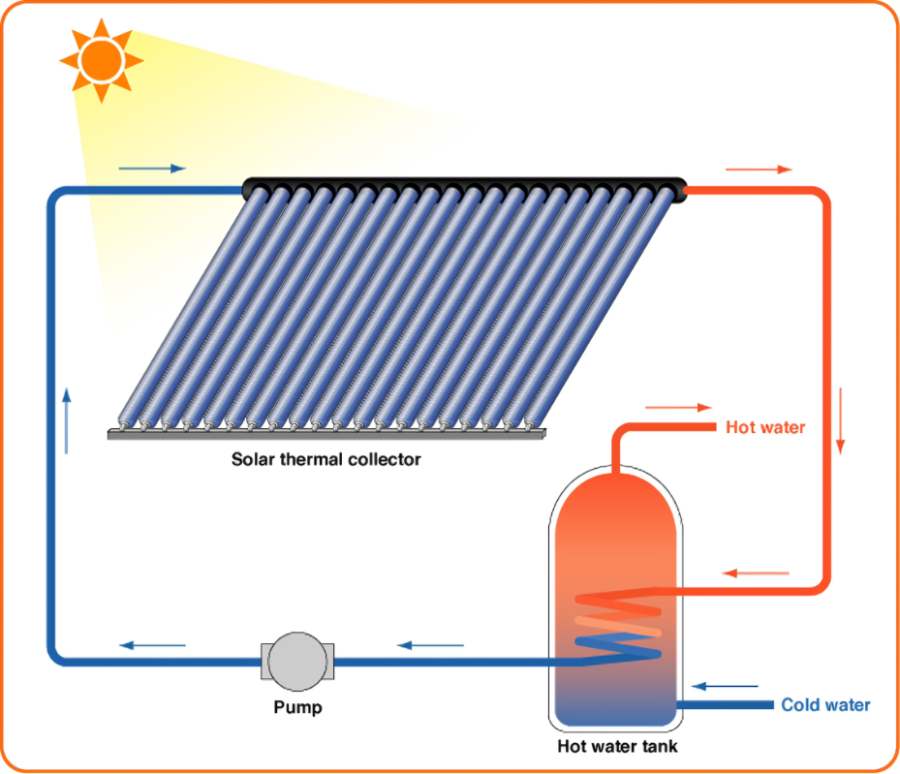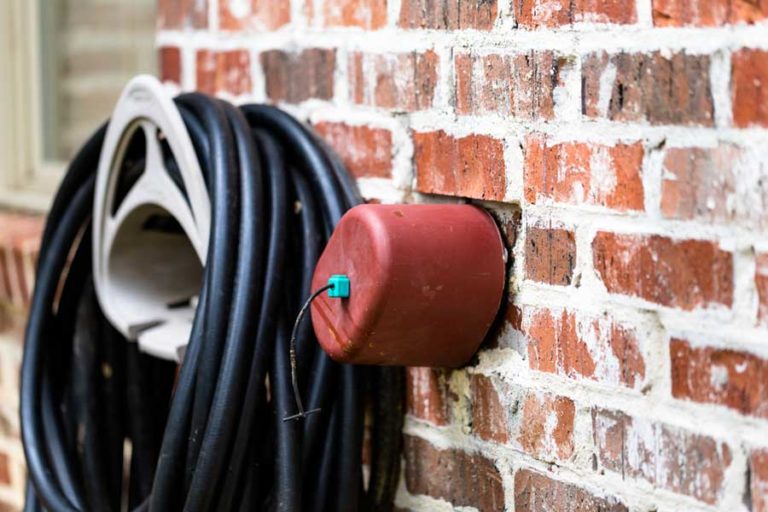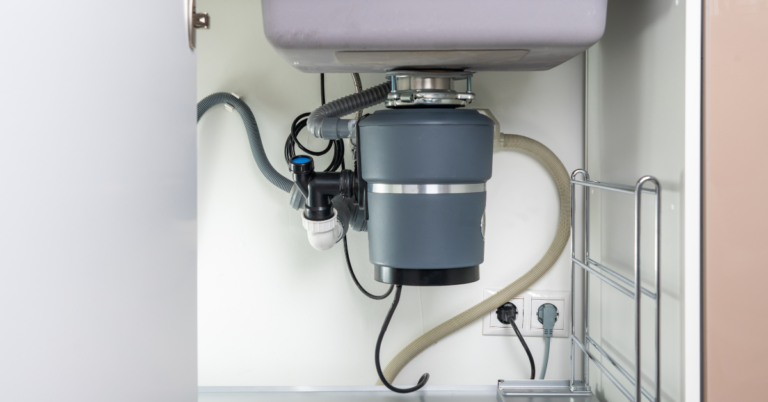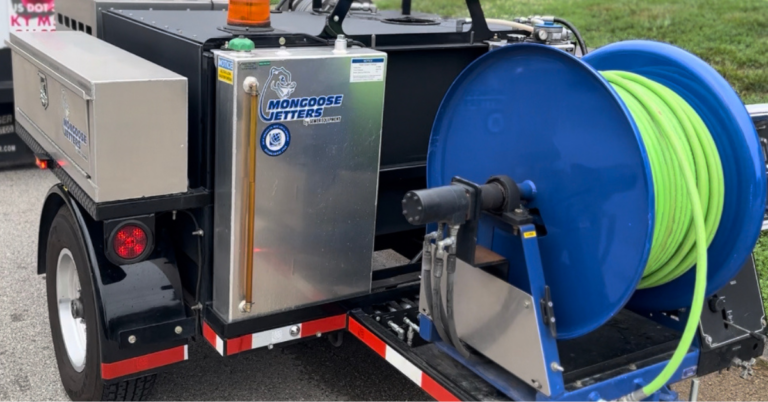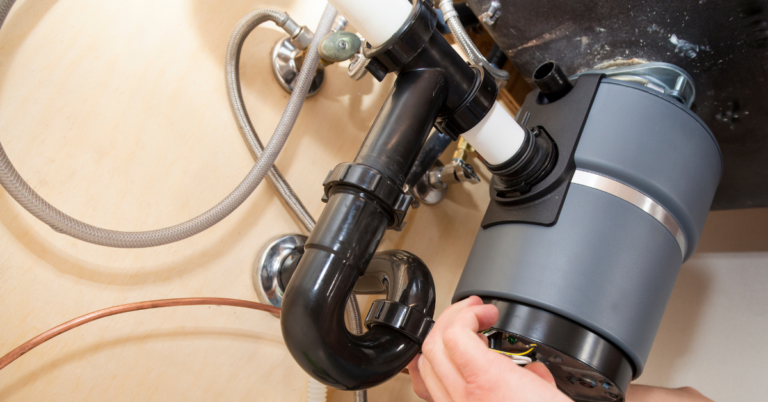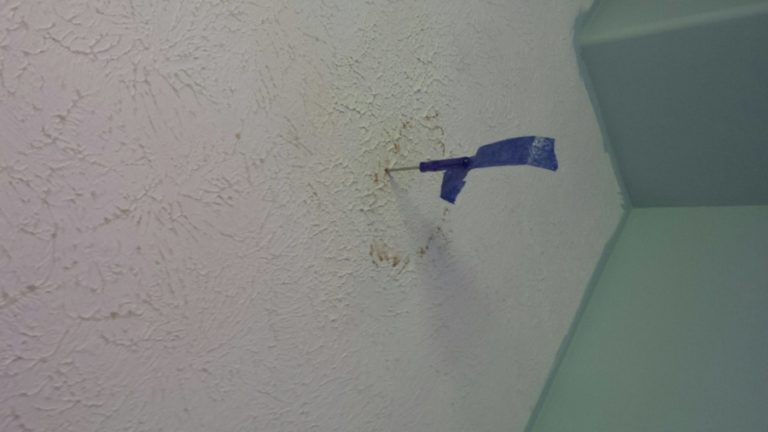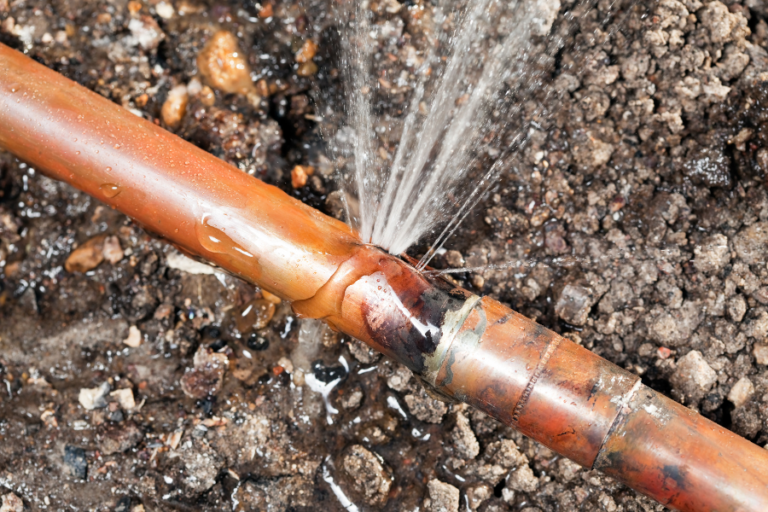What To Know About Solar Water Heaters
One popular way for homeowners to save money on their electric bills is to install a solar water heater. These devices employ renewable energy to reduce grid power consumption while delivering large amounts of hot water.
What is a Solar Water Heater?
Solar water heaters, unlike regular water heaters, do not utilize grid energy to heat water. Instead of using grid energy, solar water heaters draw power from the sun. These high-efficiency appliances use dedicated collectors on your rooftop. The captured energy is subsequently used to heat your home’s water.
These water heaters have generated significant interest since they save money on electricity while also allowing you to heat your water with pure energy. The solar collectors heat your water directly and do not give any additional solar energy to your home.
People have begun opting for electric heat pump water heaters that are paired with household solar panel systems in recent years. Electric heat pumps utilize grid energy to heat your water, but they can still work on solar power when connected with a home solar system.
A standalone solar water heater might be a wonderful choice if you are unable to build a whole house solar system or if you live in an off-grid residence.
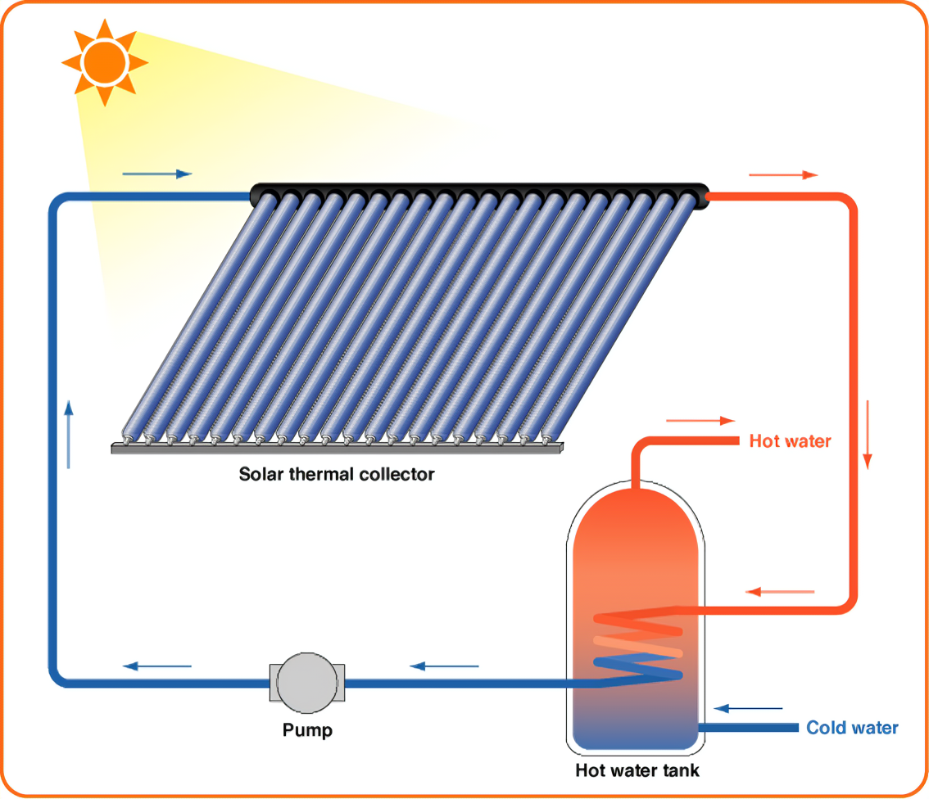
How Much Money Can You Save?
Solar water heaters are expensive up front, costing up to $5,000 in some situations.
A solar hot water system, on the other hand, will gradually begin to pay for itself in the form of lower utility bills following installation. In fact, these water heaters can save you anywhere from 50% to 80% on your water heating costs!

Once you’ve completed your payback period, your solar water heater will provide almost free hot water for the rest of the system’s life! These water heaters also offer cheap maintenance costs because they don’t have any moving parts.
Keep in mind that, depending on how much hot water you consume, you may need to use a grid-tied hot water system as a backup.
How Does a Solar Water Heater Work?
These water heaters can supply enough hot water to meet the majority of your daily household hot water requirements.
For both household and commercial use, there are two primary types of these water heaters:
- Passive solar water heaters
- Active solar water heaters
Each of these has its own set of capabilities and equipment.
Passive Solar Water Heaters:
To transfer hot water, passive solar water heaters do not utilize circulating pumps. Instead, they use convection to circulate water, in which hotter water rises to the surface and cold water sinks.
Because they don’t require any extra equipment to pump the water, passive solar water systems are usually less expensive than active ones.
They are classified into two types:
Passive Thermosyphon System
To heat small batches of water on your roof, the system utilizes metal flat plate collectors. When you turn on your hot water valves, hot water from the batch collector at the top of your roof flows down to your faucets. These are typically meant to hold 40 gallons of water.
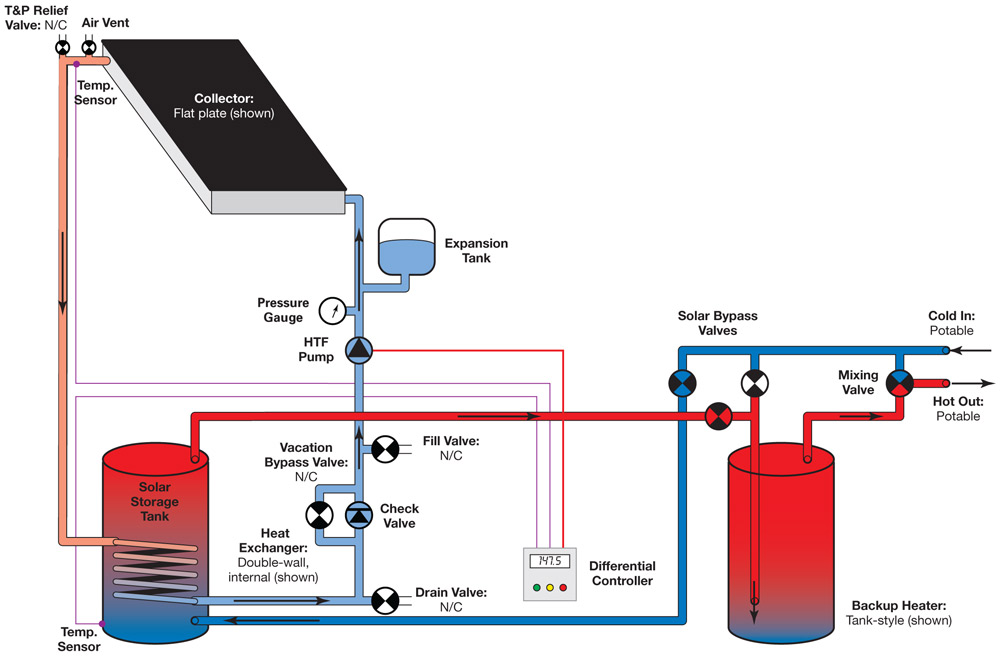
Integral Collector Solar Water Heaters
Large, black water storage tanks that are housed in an isolated box with a transparent top. When you need hot water, the sunshine heats the water directly in the black tanks, which then flows into your plumbing system.
As a backup energy source, many passive systems include a tankless heater, which can be gas or electric.
Active Solar Water Heaters:
A pump circulates hot water from the solar collectors, or absorbers, to your residence in active solar water heaters. These are typically used in colder climates since the water is stored in a tank that can be kept indoors to avoid freezing.

They are divided into two categories:
Active Indirect Systems
In an active indirect system, a heat transfer fluid, such as propylene glycol, is heated within the solar collectors. Then, it’s transferred to the water supply via a heat exchanger in a closed loop.
Active Direct Systems
Water is heated directly in collectors and then supplied to your faucets and showerheads in active direct systems. Metal or glass tubes are commonly used as solar collectors.
Final Thoughts
There are some great benefits to this type of water heater, but also some aspects of them might turn you away. Make sure you understand the differences between regular water heaters and solar water heaters so you can make the best decision for your home.
Call 1-Tom-Plumber
Don’t hesitate to contact us here or call us at 1-Tom-Plumber (1-866-758-6237) if you need to repair, or purchase and install, a water heater for your home.
1-Tom-Plumber’s certified team of plumbers and drain technicians respond immediately to any emergency plumbing, drain cleaning, or water damage problem. We also handle the excavation of underground water lines and sewer main lines. Our immediate-response team is available every day and night of the year, even on holidays.

